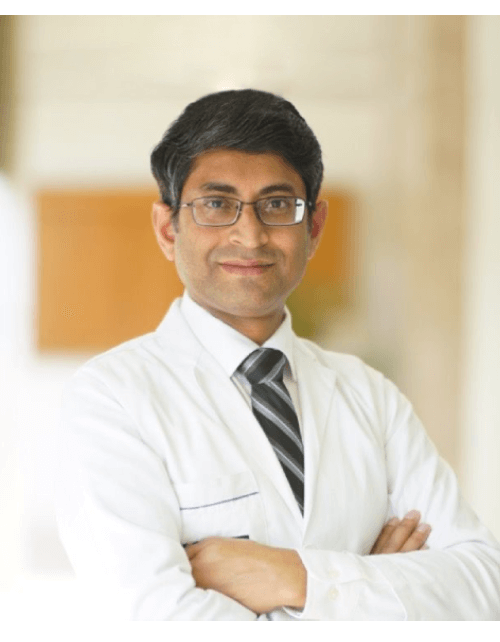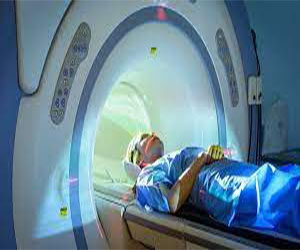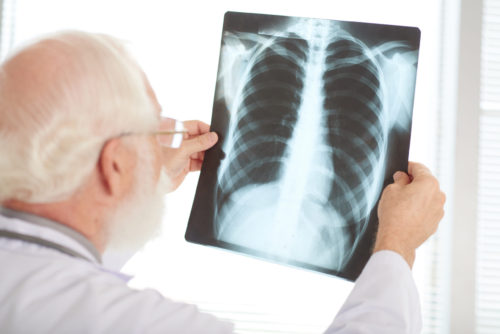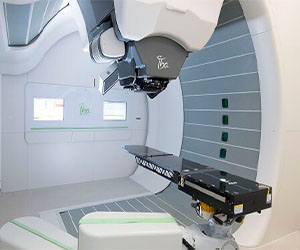Second Opinion

In many situations, opinion from a different specialist or institute becomes necessary. This provides more confidence to the patient and relatives about the proposed line of treatment by the initial care giver. Few cancers are rare and having opinion from more than one physician is always better to have different perspectives in management of the cancer. Also, few places may have better treatment facility or comprehensive care than other places. Expertise, knowledge, technology and facilities-all are important in proper management of cancer.
Get Second Opinion
UPI For Indian Patients Only
FEE : ₹ 2500 only

Paypal For Non Indian Patients Only
FEE : $33 only
Why Choose Us
Dedicated
Professional Services
Cutting Edge Technology
Hassle Free Services
Comprehensive Cancer Care
Cost Effective Services
Other Services

Radio Therapy
It is used for destruction of precisely selected areas of tissue using ionizing radiation.
Screening provides the benefit of early detection of cancer when it is very small.
Proton therapy is an advanced form of radiation therapy designed to kill cancer cells.

It is essential to diagnose cancer early and with certainty. Different modalities are used for …
Frequently Asked Questions
What is Cancer ?
Cancer is the uncontrolled growth of body cells that invade the surrounding normal tissues. If not checked in time, it will spread to distant organs.
What cause Cancer ?
There is no single cause of cancer. Doctors believe that cancer is caused by a combination of many factors. The factors involved may be the individual’s genetic, environmental or physical characteristics.
Can injuries cause Cancer ?
Can injury cause cancer? It is a common myth that injuries can cause cancer. But the truth is that falls, bruises, fractures or other similar injuries have nothing to do with cancer. Sometimes a person may see a health care provider for what was believed to be the cause of injury and cancer at the time.
Can stress cause Cancer ?
No, being stressed does not increase the risk of cancer. Over the past few years, studies have studied many people, but there is no evidence that people with greater stress are more likely to develop cancer. However, how you cope or deal with stress may affect your health.
Is Cancer contagious ?
In the past, people often stayed away from people with cancer. They are worried that they will “infect” the disease. But cancer is not like flu or cold. You cannot get cancer from someone who has cancer. You will not get cancer from people around you or people who have cancer. Don’t be afraid to visit someone with cancer. They need the support of family and friends.
Can Cancer be cured ?
Cure means that the treatment has eradicated cancer and there is no chance that it will return. It is rare that a doctor can ensure that cancer will never return. In most cases it takes time and the longer a person remains cancer-free, the better chance cancer will not return.
Who gets cancer ?
Anyone can get cancer, although the risk increases with age. Your personal risk depends on many factors, such as whether you smoke, lifestyle choices (such as diet and exercise), family history of cancer, and factors in the workplace and environment.
How many people alive today have ever had cancer ?
Today, almost 17 million people alive in the United States have had some type of cancer. Some of these people are cancer-free; others still have it.
How is cancer Treated ?
Surgery, chemotherapy and radiation are the three main cancer treatments. Cancer patients may receive any or all of these treatments. When choosing a treatment plan, the most important factors are usually the type of cancer and the stage (amount) of the cancer.
Is cancer treatment worse than cancer ?
When many people decide whether to receive cancer treatment, this belief can be dangerous for many people. People who believe that treatment is worse than cancer may not have access to life-saving treatments.
Is cancer genetic ?
In fact, cancer is a genetic disease. This is because cancers are caused by mutations or changes in genes that control the way our cells function, causing them to behave abnormally. These mutations can be inherited and account for about 5% to 10% of all cancer cases, but the changes in these genes are likely to occur during a person’s lifetime due to factors other than human genetics.


